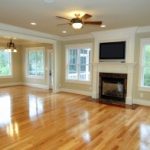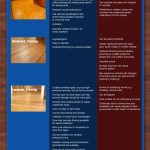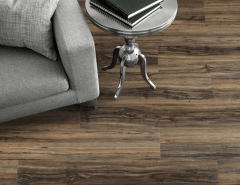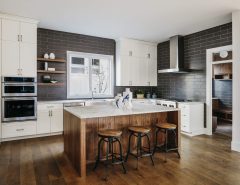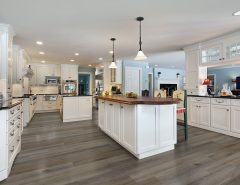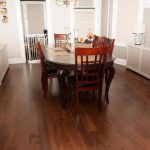Flooring Suggestions Based on Home Value – A Consideration of Cost and Return on Investment
Choosing the right flooring for your home involves more than just personal preferences and aesthetics. It’s essential to consider the relationship between flooring choices and the value of your property. While hardwood flooring may be highly desirable, it may not always be the most practical or cost-effective option for every home.
Here are some insights into how flooring should be thought about in terms of home value, helping you make informed decisions that align with your budget and potential return on investment.
1. Assess the Value of Your Home

Before embarking on a flooring project, it’s crucial to evaluate the current value of your home. If you own a modest or inexpensive house, investing in high-end flooring materials such as solid hardwood may not be financially prudent. The cost of the flooring should align with the overall value of the property to ensure you don’t overcapitalize or price your home out of the market.
2. Consider Market Demands
Understanding the demands and preferences of the local real estate market is vital when choosing flooring options. If potential buyers in your area tend to prioritize affordability and low-maintenance features, it might be better to consider cost-effective alternatives like laminate or engineered wood flooring. Matching the flooring style and quality to what is commonly desired in your market can enhance the appeal and value of your home.

3. Balance Aesthetics and Durability

While hardwood flooring can add significant value to a home, it’s essential to consider the practicality and durability of the flooring material in relation to your lifestyle and property type. For example, if you have pets or young children, the risk of scratches or wear and tear on expensive hardwood might outweigh the potential return on investment. In such cases, a more durable option like laminate flooring might be a better fit.
4. Room-Specific Considerations
Different rooms in your home have unique functional and design requirements, which should be factored into your flooring decisions. For instance, areas prone to moisture, such as bathrooms or basements, may require a water-resistant options like engineered wood. Bedrooms or living rooms, on the other hand, can benefit from carpeting, providing comfort and warmth without necessarily affecting the overall home value.

5. Seek Professional Advice

Consulting with real estate agents or interior design professionals can provide valuable insights into the flooring choices that align with the value of your home. They can offer guidance on market trends, cost-effective options, and help you strike a balance between aesthetics and investment return. These experts can also help you determine the potential impact of different flooring materials on your home’s value based on local market conditions.
When considering flooring options for your home, it’s crucial to evaluate the cost and potential return on investment in relation to the value of your property. While hardwood flooring is highly desirable, it may not always be the most practical choice for inexpensive homes. It’s important to strike a balance between aesthetics and functionality, considering market demands and room-specific requirements. By making informed decisions and seeking professional advice, you can select flooring materials that enhance the value of your home without overcapitalizing or pricing yourself out of the market.



